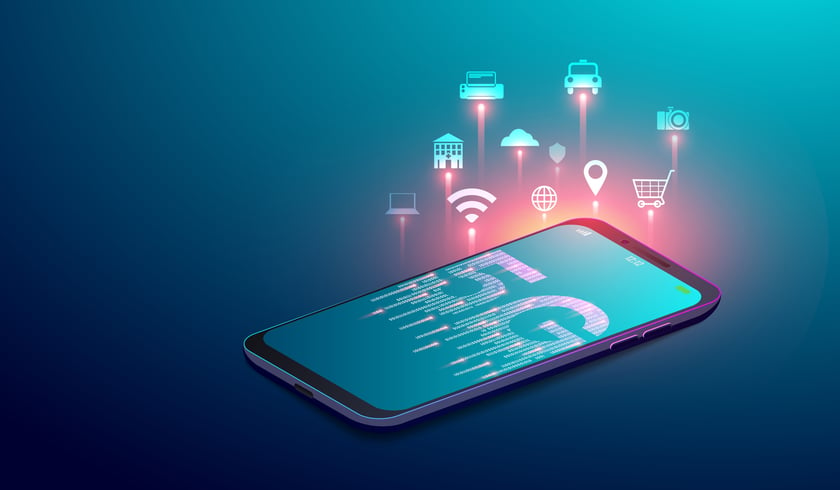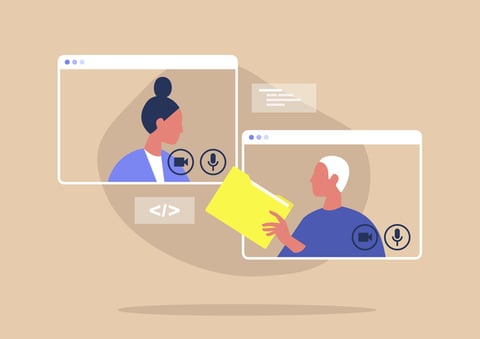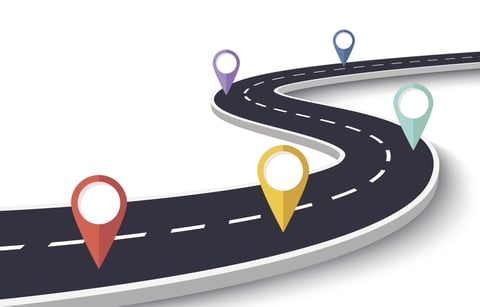
Launched in France last year, 5G alone is a small revolution in itself. It is all very promising: super-fast speed, low latency… All for less energy consumption. Above all, this new network will help boost the development of connected objects. Particularly in the field of health, remote medicine, and even telesurgery.
Ultimately, it will be possible to install connected devices with patients in order to facilitate their follow-up and care through real-time data exchange with the medical profession. The digital transformation consulting firm, ABI Research, predicts that by 2026, 5G will generate $399.8 million in healthcare revenue, with a total of 4.6 million simultaneous 5G connections. China took advantage of the Covid-19 epidemic to accelerate the deployment of the 5G network in hospitals and to therefore be able to perform remote diagnoses and consultations.
EXPERT OPINION
3 questions for ... Pierre Cellot, co-founder and chairman of Wellness 625, an app that measures and validates the effects of exercise.
What do you think about this growth of the IoT in the healthcare sector?
P.C: What we are seeing is a real revolution. Connected objects are now part of our daily lives. There are still some reservations, but they are increasingly marginal. The Covid-19 epidemic will at least have had the merit of accelerating IoT acceptability among the population. And then when you consider the advantages available to us!
What kind of challenge does the volume of health data generated by the IoT represent for insurers?
P.C: Today, thanks to connected objects, you can measure everything. The number of steps you take, your heart rate… You can also set yourself goals and do challenges with friends. Here we are really in the area of prevention. Insurers have long considered doing sport to be a risk-enhancing factor. In reality, it is quite the opposite!
Can the supervised use of this data improve the quality of service for policyholders?
P.C: Personally, I think good behaviour should be rewarded. Used wisely, this data will allow insurers to improve their level of service and customise it. The objective before us is to move towards responsible sharing and the IoT will be a part of this process. And policyholders will end up with much lower policy rates.
Want to learn more about e-health? We have devoted a white paper to finding out what the French really think. By downloading it, you will find the detailed results of our survey carried out with Argus de l'Assurance among a panel of 1000 policyholders.
If you are interested in this topic, the Cegedim Insurance Solutions team is at your disposal to answer to all your questions.






